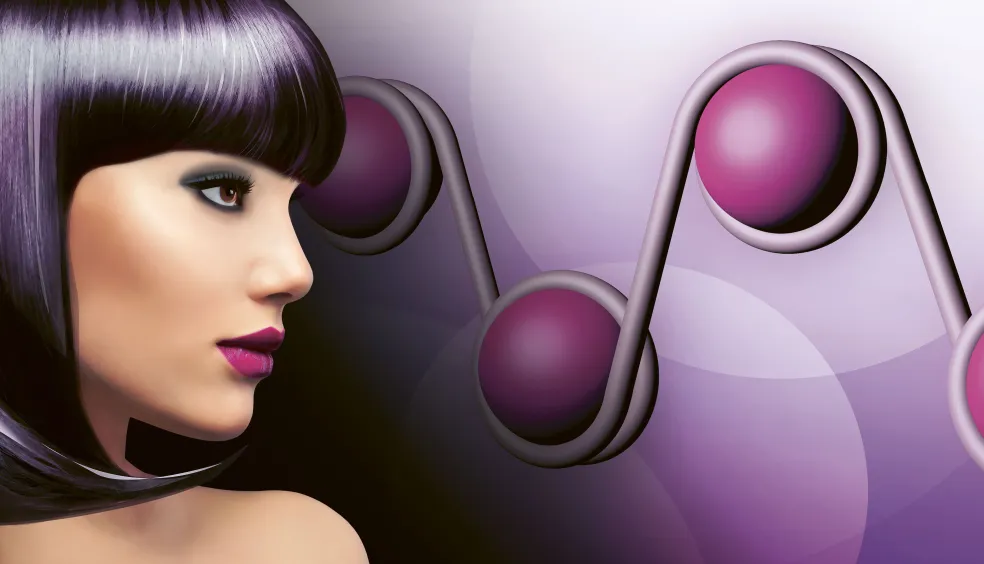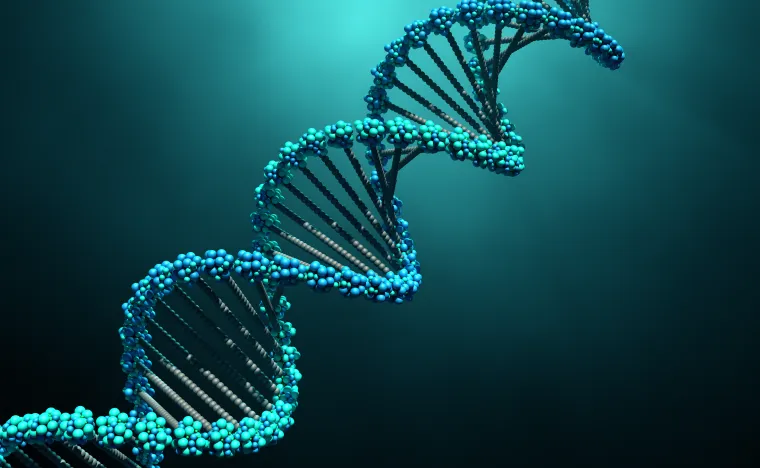Pollution and Epigenetics – two cosmetic trend topics combined
The contribution of environmental pollution is one of the major areas of concern when it comes to skin aging. Air pollution is directly in contact with our skin and it contributes to skin aging daily. But how exactly does pollution affect our skin? And how does epigenetics come into play?
Pollution and our skin
We all know that pollution is not only bad for the environment but also for our skin. Smoke, ozone, heavy metals and other very fine particles from the air can enter our skin through our pores and cause free radical formation. These free radicals, especially in combination with UV light, lead to inflammation reactions, loss of collagen and DNA damage in the skin. This results in accelerated skin aging, compromised skin barrier and skin impurities. And if all that wasn’t enough, a new long-term threat from pollution has been recently found: a changed epigenetic signature of our skin cells.
Pollution and…Epigenetics?
Epigenetics has been an upcoming trend topic in cosmetics in the past years. The term epigenetics may sound technical and kind of scary but all it means is that there is another layer of information on top of or around (= ”epi”) our genetic information. The genes we inherit from our parents hold the instructions for building all our body parts and contain lots of important information that makes each individual unique. However, the environment and the way we live our life, for example through diet, exercise or smoking, can change the way this information is accessed and used, for better or for worse.
These epigenetic changes do not affect our genetic code directly, but they can activate or silence certain information for a long time. They can persist even after the environmental influence that caused them has been long gone and sometimes these changes may even be inherited from generation to generation.
How does that tie to air pollution? We could demonstrate in a long-term study where skin cells were incubated with urban dust for several weeks, that prolonged exposure to air pollution indeed changes the epigenetic signature of these cells. Interestingly, an artichoke extract was able to prevent these changes from happening.

Three lines of defense against pollution
What is then the optimal strategy to protect the skin against pollution? As we just learned that the threat from pollution is complex, a multifaceted solution is needed. As a first line of defense, the adhesion of particulate matter to the skin surface should be minimized and the removal of these particles should be facilitated. In the case of some pollution particles entering the skin, a short-term defense system must be activated to neutralize free radicals and get rid of the toxins. And lastly, as a third line of defense, the long-term epigenetic changes caused by prolonged exposure to pollution have to be prevented.
This triple action of shielding, detoxifying and preventing epigenetic changes in the skin is an effective and comprehensive approach to protect skin against pollution.








